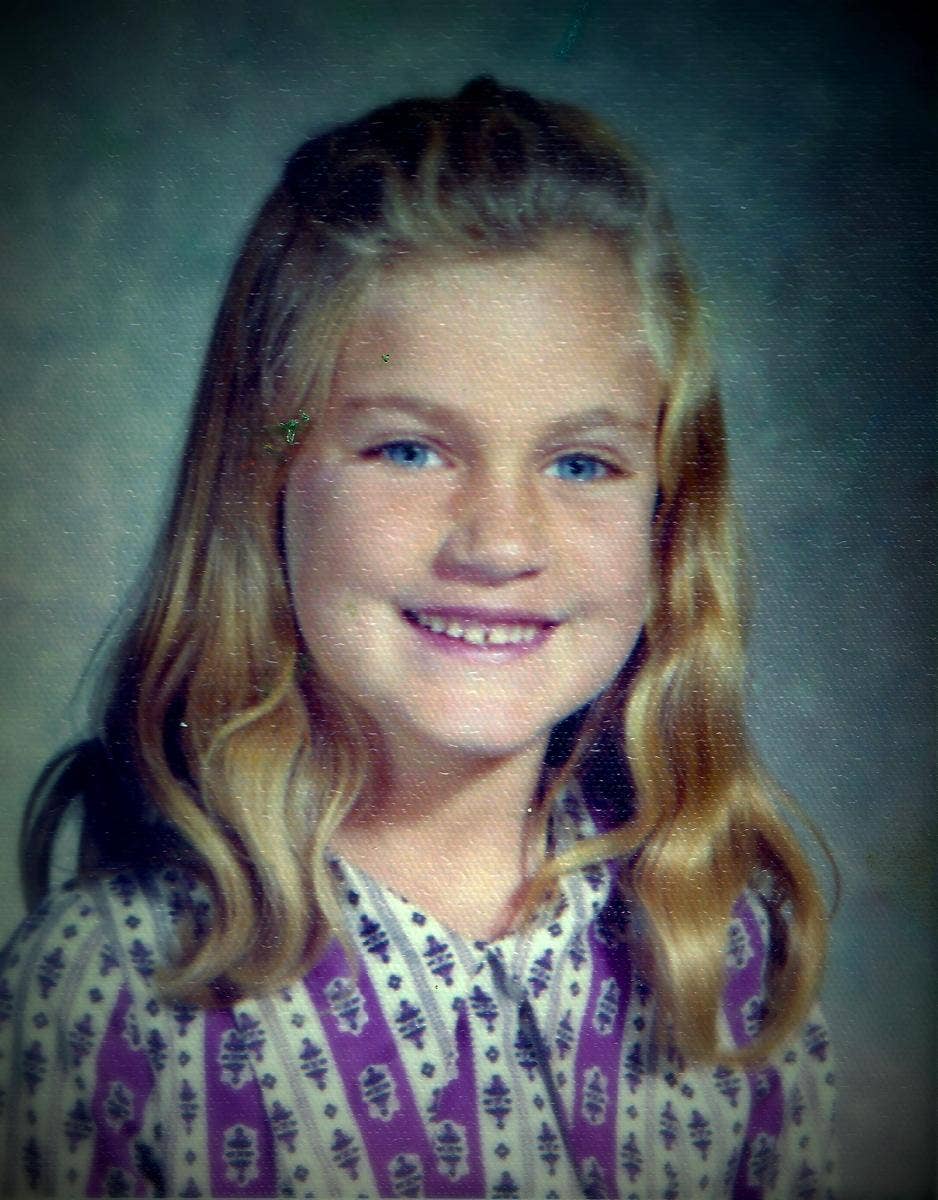As A Child Of Divorce, I Think I 'Get' Gay People
Claiming one’s authentic self should be every human’s birthright.
 courtesy of the author
courtesy of the author I’ve been watching Ryan Murphy’s NBC sitcom The New Normal, about a committed gay couple having a baby through a quirky, kind surrogate mother who lives with them. In one episode, the men kiss passionately after one proposes marriage to the other. I had a very strong reaction, which was elation.
I distinctly remember one of television’s first openly gay characters, Dynasty's Steven Carrington, played by the mortified Al Corley. I remember it being such a scandal and that people were warned to watch at their own risk! Maybe homosexuality was contagious?
Now, 31 years later, gay characters and story lines are commonplace. And the televised gay kiss? While still a bit self-conscious, it’s no longer taboo. I think this is progress because I’ve always felt a kinship with the gay community despite the fact that I’m not gay. I’ll tell you why.
My parents divorced when I was 2 years old. (Yes, Mom and Dad, here I go again. Lucky you have a scribe for a daughter.) I don’t ever remember them together as a couple.

It was an amicable divorce; both of them wanted out. My mom tells me that the only thing she and my dad fought about was who should get me. I was lucky that they both wanted me. It was 1967, so my mother was awarded primary custody and my dad got me every other weekend. Despite the fact that my parents had a “good divorce” (an oxymoron, but true), I couldn’t entirely escape the collateral damage, which was the cultivation of a “secret authentic self.”
Going from my mom’s home to my dad’s was like going from Jupiter to Mars. My mom’s world was unconventional. We took camping trips to the wilds of Mexico. People smoked, drank and carried the occasional concealed weapon, and we lived on a sailboat for a period of time. My dad’s world was consistent and abstinent, with church on Sunday in a suburban subdivision.
Each parent (or set of parents) thought their way was best, and I suspect that’s the case in most split homes, to varying degrees. So when a child transitions from one home to the other, there is a marking of the territory that occurs. All traces of the values, habits, and behaviors from the other home must be suppressed. My parents didn’t intentionally fumigate me upon re-entry; they just couldn’t help it.
Because of this, I was a different person in each home.

At my mom’s I came and went as I pleased. I was a tomboy who could beat up my same-age cousin Billy and even give my older stepbrothers a run for their money. In my dad’s world, I was more closely monitored, watched my Ps and Qs, wore dresses and was reverent in church. Unbaptized though I was, I was a better Mormon than most Mormons.
This all boils down to the fact that I wasn’t completely my authentic self in either world. I prided myself on being a chameleon, blending into any environment. When I grew up, “chameleon” became “fraud.” And quick on the heels of “fraud” came furtiveness and shame — my secret self.
I don’t know what it feels like to be gay and grow up in a culture that tells you that you’re fundamentally wrong, but I know what it is to have a secret, to pretend that you’re OK when you’re not, to try to be who you think other people want you to be. So the gays are stuck with me as one of their advocates.
I believe claiming one’s authentic self should be every human’s birthright. I hope one day very soon “gay rights” will simply be “human rights.” I look forward to a new normal.
.......
If you enjoyed this piece you’ll want to opt-in to Shannon’s free updates, or join her list for her upcoming free webinar: You Love Guys Who Flake, Lie, Criticize & Even Cheat: 3 Strategies to Break the Cycle, Take Control of Your Life and Invite Real Love: Join Here.

